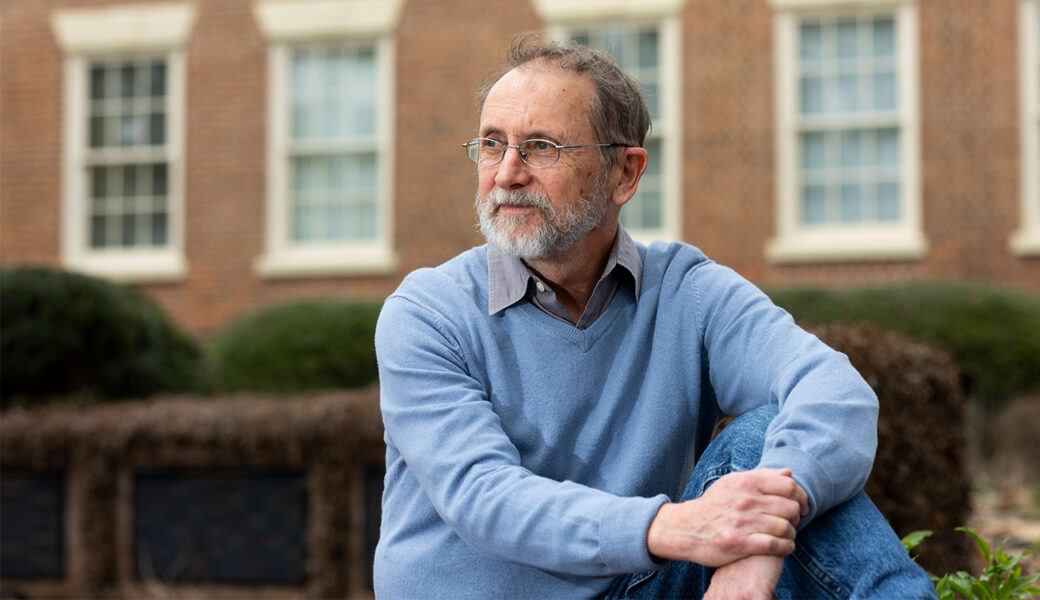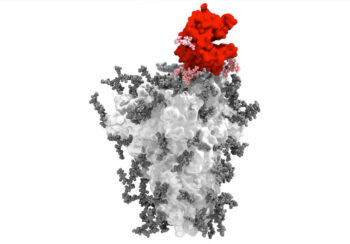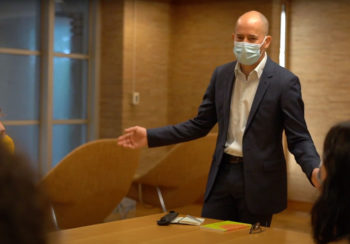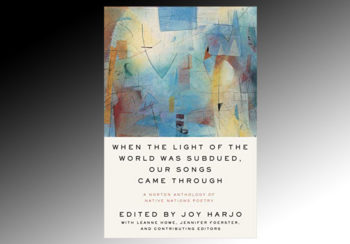A wonderful thing about advocating for others is that sometimes you hone your own talent and influence along the way.
Jed Rasula, a poet in the University of Georgia’s Department of English and 2023 winner of the Albert Christ-Janer Award for Creative Research, has produced a dozen scholarly books, three poetry collections and two omnibus anthologies, held an assortment of editorial positions, and earned multiple prestigious awards and honors. Still, he maintains one clear priority of his work.
“Right from the beginning, I found myself playing an advocacy role for overlooked and under-appreciated poets,” Rasula said.
That advocacy started for Rasula at 20 years old when he and a friend, Mike Irwin (who tragically died in 1974), conducted a series of interviews with a group of established and small-press poets, including A. R. Ammons and Charles Tomlinson. After publication in the early 1970s, those interviews garnered the attention of editors and set Rasula on a steady, but not entirely intended, career trajectory toward academia.
Believe it or not…
Rasula had an early stop in Hollywood, of all places, working as a researcher for the television series “Ripley’s Believe It or Not.” He secured the job by impressing a producer with the story of Dante Gabriel Rosseti, an English poet who exhumed his wife’s coffin to reclaim and publish the only copy of a poetry manuscript he placed there when she died. His efforts to discover bizarre—but family-appropriate—true stories for the series resulted in one segment about several poets he knew who did “sound poetry,” best characterized as “non-semantic performance pieces.”
“The host Marie Osmond introduced the segment, explaining the origin of sound poetry at Cabaret Voltaire in Zurich, 1916, by Hugo Ball,” Rasula said. “She then recited from memory—startling everybody in the studio—a sound poem by Ball. Later on, rock critic Greil Marcus contacted me to arrange using her performance for a CD he was putting together, and it’s since been a permanent fixture on YouTube.”
After “Ripley’s,” he continued exploring connections among his interests in the arts, part of what he described as “a natural milieu of people who existed outside academia.” He hosted a radio program on cultural history at KPFK in Los Angeles and published essays on jazz, drawing upon an appreciation that began in 10th grade at military school.
Rasula, who taught himself to play piano and write music but considers himself more listener than practitioner, once declined an invitation to join a punk band.
“It was based on the kind of performance I did with poetry, with pretty precise verbal acrobatics and a knack for nonsense,” he said.
While championing poetry, the Helen S. Lanier Distinguished Professor in the Department of English has also written plenty of his own. He spent the past year archiving his work—43 boxes, five of which are poems—which he’ll sell to a special collections library. The project gave him a panoramic perspective of his career.
There is his intermedia work with calligraphy and visual art—a 1986 collection “Tabula Rasula: Being a Book of Audible Visual Matters”—as well as “quasi-theatrical” work exploring colloquial and idiomatic expressions, ultimately avoiding the prevalent “first person, personal” mode of lyric poetry.
“In a way, that was liberating to see,” he said. “I didn’t feel that I was aspiring to be a poet or to forge a path toward being a poet because I was spending just as much time doing other things. The poetry was kind of wrapped up in it.”
In other ways, Rasula has favored less traditional academic protocol, resisting (or avoiding) a degree in literature or an MFA in creative writing. Instead, he pursued a doctorate in “the history of consciousness” from the University of California-Santa Cruz. He planned to be a Civil War historian and not a writer, but now prefers the latter term over scholar or poet. He doesn’t see any division in his body of work.
“Rasula’s multi-channel version of creative-intellectual life weaves together many facets of living and searching, which are often divided from each other in academic culture,” said Ed Pavlić, a Distinguished Research Professor of English at UGA. “The modernist and the activist, the improvisational and the methodical, the historical and ecological, the anarchic, the surreal and the rational-systematic, as well as what [philosopher and political/civil rights activist] Cornel West used to call ‘the sheer fun in the life of the mind.’”
A critical exploration of modernism
Prompted, in part, by an early appreciation of poets Ezra Pound and T. S. Eliot, Rasula’s scholarly work focuses on modernism and is, as he calls it, “polymathic.”
“I’ve tried to set an example of how anyone addressing the subject needs to be as curious and multi-faceted as the figures we called modernists,” he said. “I’d contrast this with the English department tendency to speak of modernism strictly as a literary affair, whereas for me it necessarily includes music, art, film, photography, dance, urban and industrial design, and much more.”
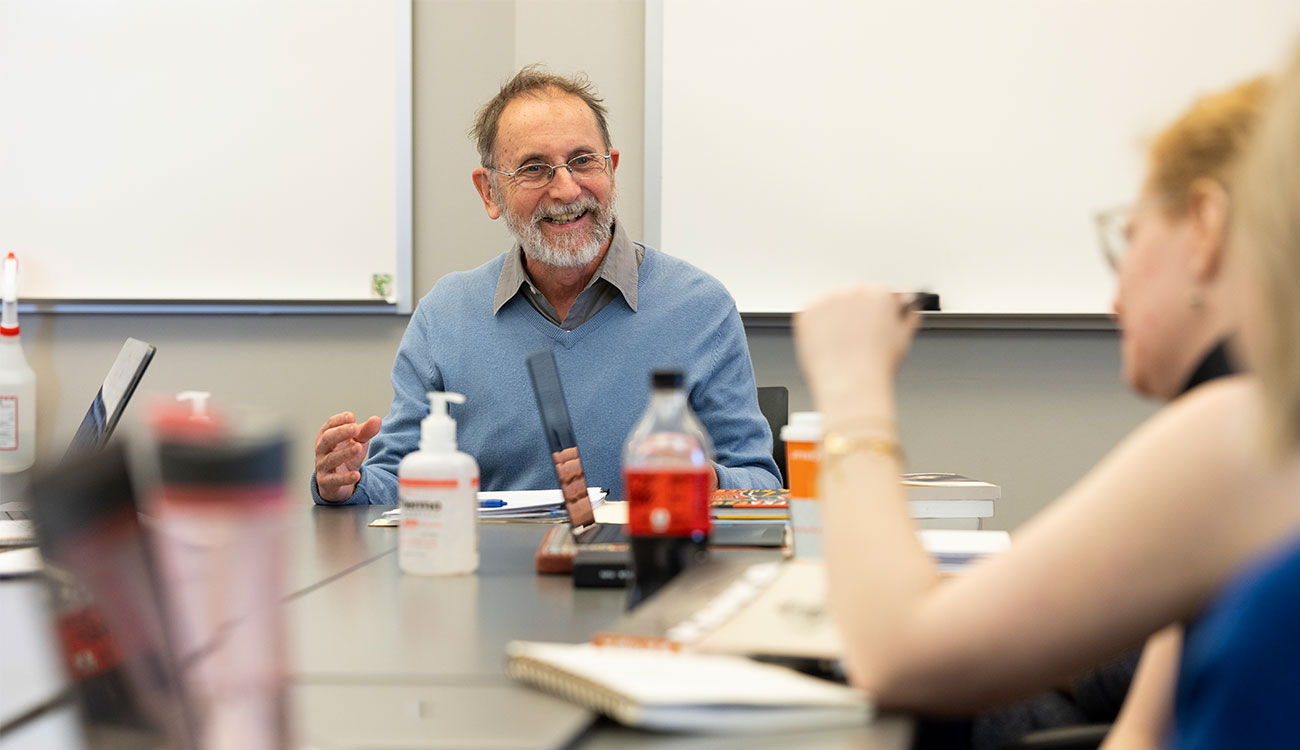
His most recent book, “What the Thunder Said: How ‘The Wasteland’ Made Poetry Modern,” (Princeton University Press, 2022), for example, is more a background to the poem and modernism itself than it is an analysis of Eliot’s tour de force.
Among his scholarly books, Rasula has his favorites. “History of a Shiver: The Sublime Impudence of Modernism,” published by Oxford University Press in 2016, was “a joy” to write and won the Matei Calinsecu Award from the Modern Language Association. He is also particularly proud of its successor, “Acrobatic Modernism, from the Avant-Garde to Prehistory,” published by Oxford University Press in 2020.
However, he cites 1996’s “The American Poetry Wax Museum: Reality Effects 1940-1990,” which he wrote while teaching at Queens University in Ontario, as evidence of his “deep research” and long-standing advocacy for poets.
“It was the book I wrote to get tenure, and the title came from a polemical essay published in the early 1980s as an exposé of what I thought was a fraudulent coverage of American poetry,” he said. “Because I was teaching in Canada and never expected to leave, I did not tone down the vitriol in my book, figuring I could really lay it all on the line and back it up with about 80 pages of appendices itemizing the damage.
“My book broke the back of a longstanding but moribund status quo in the market for reputations of post-World War II American poets.”
This was welcomed by many, Rasula said, because it opened the field for broader research and publishing opportunities. For graduate students, it meant they were no longer under the yoke of reading poets X, Y and Z.
“So it was like all the rest of the letters of the alphabet were legitimized,” Rasula said.
Whether impact or achievement, Rasula isn’t sure, but he likes to think that his work will continue to be recognized for its originality.
“I don’t write ‘normal’ scholarly prose,” he said. “Many reviewers of my book, ‘This Compost: Ecological Imperatives in American Poetry’, called it a veritable work of poetry in its own right. Reviews of all my books have made a point of drawing attention to my writing—my ‘style,’ except few call it that—recognizing it’s not something that decorates an underlying component but is, instead, what drives my attention and sensibility even before there’s any writing.”



